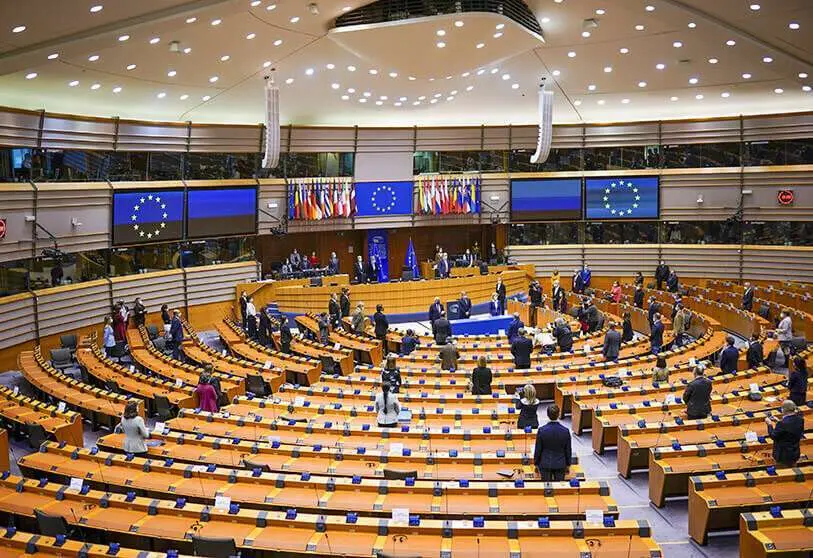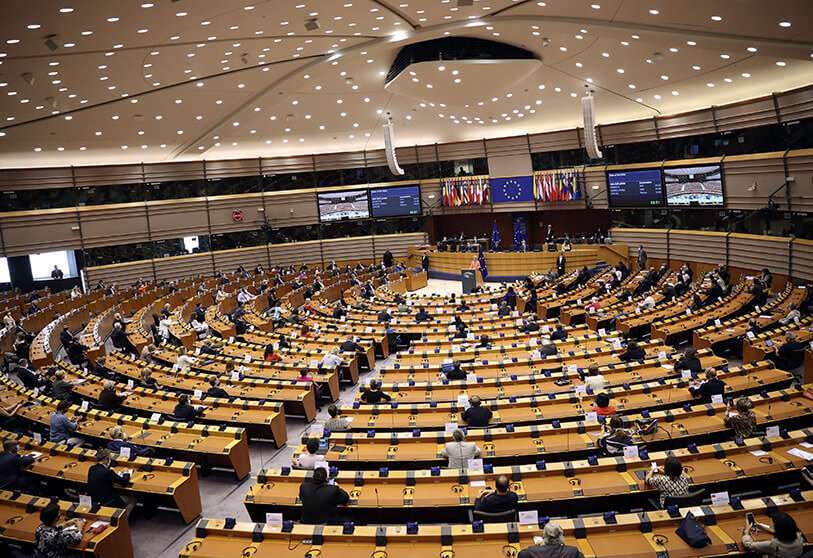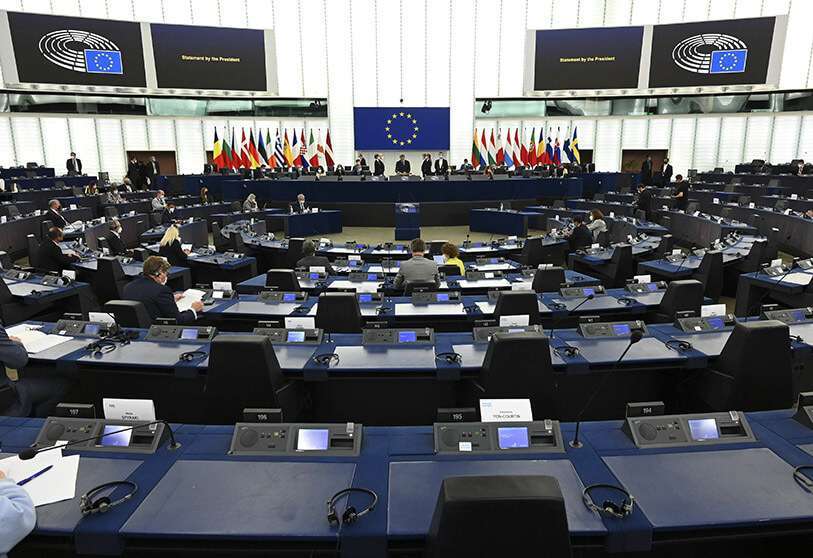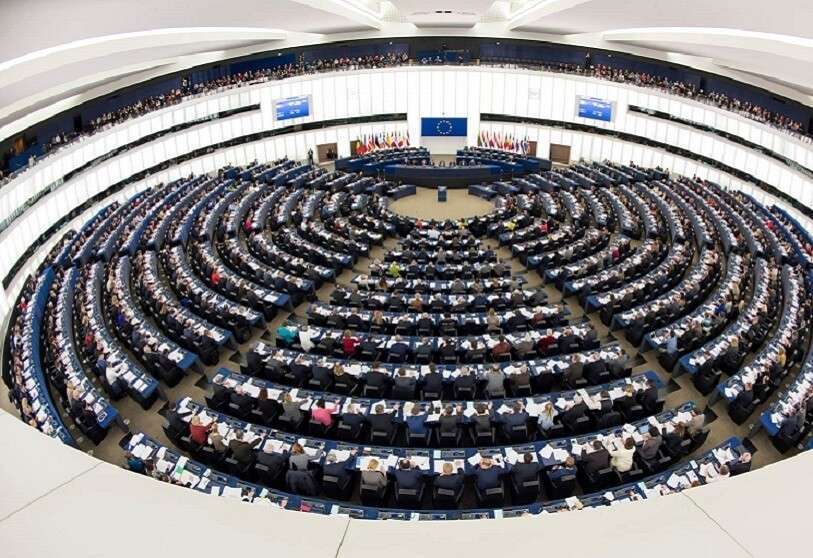The need to strengthen the Parliament as a co-legislator and representative body of European citizenship

Democracy in the European Union is based on representative democracy, which will be complemented by participatory democracy. The institution par excellence that represents European citizens is the European Parliament, which has been holding elections to it every five years without interruption since 1979. Since then it has assumed more and more powers, becoming a co-legislator on an equal footing with the Council. We could say that the European Parliament would be the chamber representing the European citizens and the Council a chamber representing the territorial interests of the Member States.
However, we must affirm that the proposal of a new European law is the exclusive monopoly of the European Commission, whose text will be discussed on an equal footing by the European Parliament and the Council, arriving at a single legislative text (if both institutions agree), which would give rise to a new European law (called directives or regulations depending on the consequences of this and its subsequent development).
There has always been a lot of talk about European citizenship and how it complements and enriches national citizenship. One of the rights implied by being a citizen of a Member State is the right to be an active and passive subject in both municipal elections and elections to the European Parliament.

In this article we will focus on the European citizens' representative chamber, its composition, functioning and some aspects for improvement, which would undoubtedly contribute to giving it greater visibility in the eyes of the citizens and a greater role in the decision-making process in the complex institutional framework that makes up the European Union. All this would be essential if we really want representative democracy in Europe to develop fully.
The European Parliament is the directly elected body of the European Union, with legislative, budgetary and supervisory powers. It was established in 1952 as the Common Assembly of the European Coal and Steel Community, in 1962 as the European Parliament and in 1979 the first direct elections were held. Its work is carried out in parliamentary committees (which prepare legislation) by areas of specialisation, political groups and plenary sessions (which adopt legislation). The latter are usually held in Strasbourg in four-day sessions, but sometimes take place in Brussels in shorter sessions called mini-plenary sessions. Currently the European Parliament, chaired by the Italian, David Sassoli, has three seats: Strasbourg, where most of the plenary sessions take place, Brussels, where the work of the parliamentary committees and political groups takes place, and Luxembourg, where the Parliament's secretariat, translation and interpretation services are located. The number of MEPs from the end of January 2020 following the UK's exit from the European Union is 705, with Spain having 59. The number of MEPs for each country is roughly proportional to its population, although this is degressive. No country can have fewer than 6 or more than 96 MEPs. The total number may not exceed 705 members including the President. Members of the European Parliament are grouped by ideology, not by nationality.

Citizens, whether they are citizens of a Member State of the European Union or residents of the European Union, can petition the European Parliament's petitions committee to take action on a specific matter within its competence. In the case of companies or organisations, they must be established on EU territory.
European citizens are often unaware of the importance and role of their representative chamber at European level, and this is largely due to the relatively low visibility of its work and decisions. In this sense, I would like to address three proposals for improvement that could help to bring this institution closer to the citizens, namely: firstly, the real introduction of the "Spitzenkadidat" at European level with a candidate for each European political party, who would also be the candidate for the presidency of the European Commission. These heads of list at the European level would make the existence of these European parties visible, which could be reinforced by the creation of so-called transnational lists. Secondly, the European Parliament should have a genuine right of legislative initiative and this prerogative should not be the exclusive prerogative of the European Commission. Only with this competence assumed by the European Parliament could we really speak of a fully-fledged representative democracy. In the classic threefold division of powers that Montesquieu coined between the executive, legislative and judicial powers, it is unacceptable that the right of legislative initiative should lie exclusively with the Community executive, i.e. the European Commission. The third proposal to bring the European Parliament closer to the citizens would be to strengthen its role in the instrument of the European citizens' initiative, i.e. that the latter should become a binding legal act for the European Commission if it is voted in favour by the European Parliament in plenary, thus obliging the Community executive to carry out a legislative proposal that takes it into account.

If we really want a European demos to exist, we must work on this concept from two sides: the institutional side, with bodies that are truly democratic, close and easy for citizens to understand, and the second side, working in the educational and cultural field to help shape the European Union around a history, tradition and common European principles and values based on democracy, human dignity, freedom, the rule of law and the social market economy. All this will serve to build a Europe that is more comprehensible, simpler and more useful for citizens, who must embrace the European integration project as their own if it is to be truly a sum of wills and therefore a collective success. A success not only for the Member States, but above all for European citizens, thus perfectly combining both democratic legitimacies and giving a decisive role to European citizenship.
Carlos Uriarte Sánchez, Secretary General of Paneuropa España and Professor of Law at the Universidad Rey Juan Carlos.

